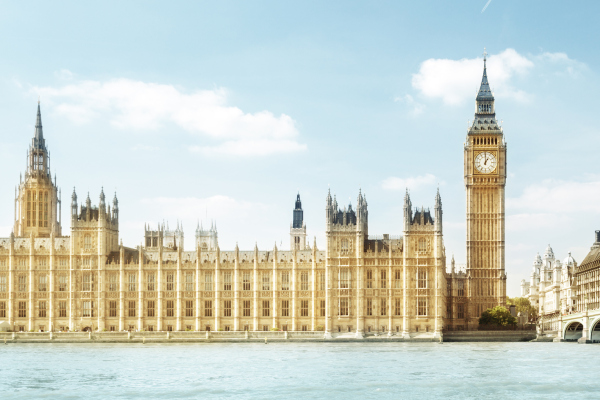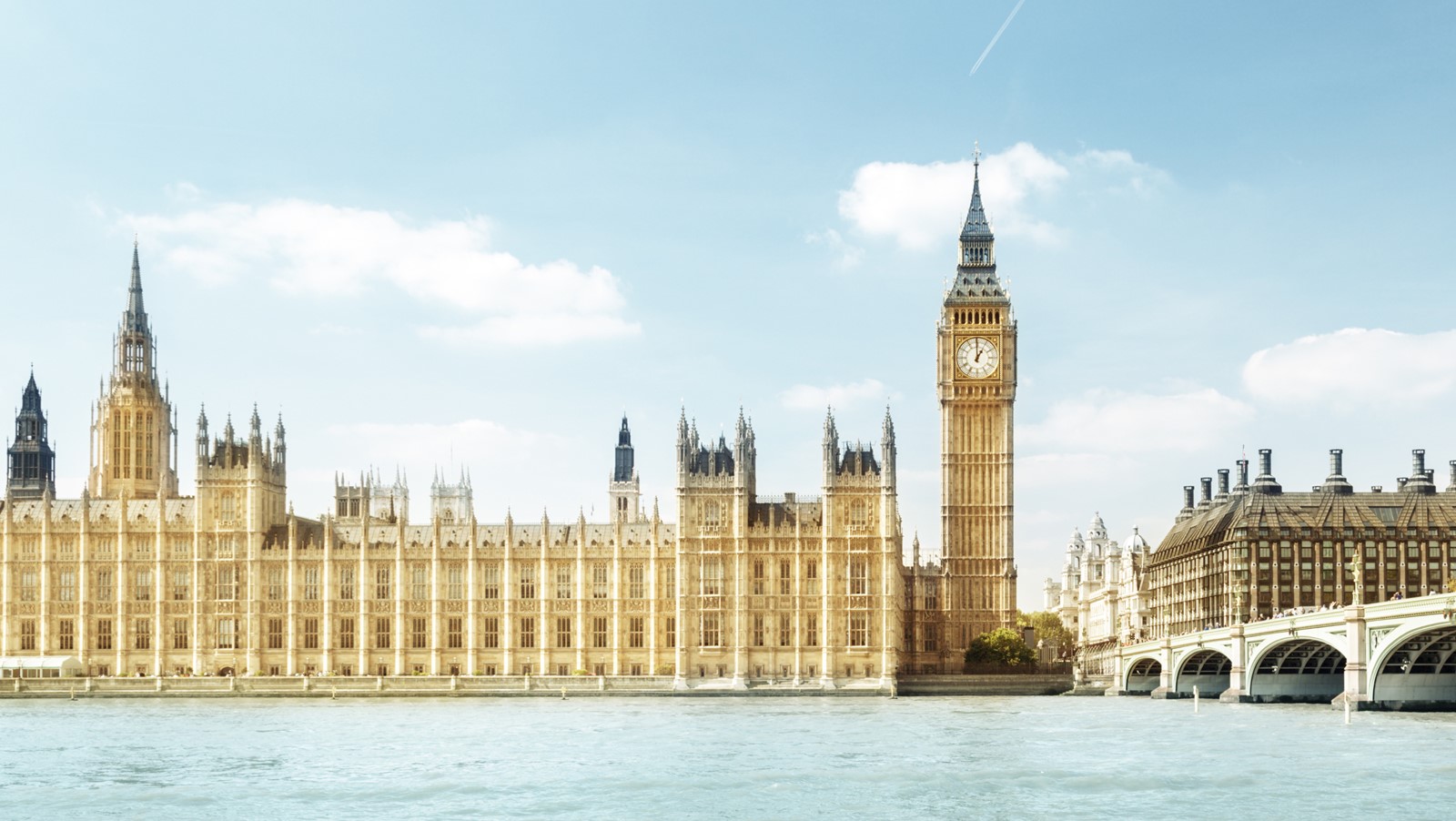Prevent duty
The Prevent strategy was initially published by the Government in 2011 and forms part of the UK’s overall counter-terrorism strategy, CONTEST. The aim being to reduce the threat to the UK from terrorism by stopping people becoming radicalised as early as possible.
Since 2015 there has been a statutory duty on certain bodies to have "due regard to the need to prevent people from being drawn into terrorism" and to report incidents of risk to appropriate staff and organisations. This particular guidance affects those working in local authorities, education and healthcare settings and impacts on the parameters of confidentiality within private practice settings where there exists a duty of care to report issues linked to terrorism.
Designated individuals
It's a criminal offence for a person to deal with funds or economic resources belonging to, owned or held by a designated individual or entity. It's also a criminal offence to make funds, economic resources or financial services, available directly or indirectly, to or for the benefit of a designated individual or entity.
A designated individual or entity is an individual, organisation or group which faces financial restrictions in the UK, as they are suspected (for interim designation) or believed (for final designation) to be someone who commits, prepares or instigates or facilitates the commission of acts of terrorism, provides support or assistance to terrorists, or is owned or controlled by someone who does.
The Office of Financial Sanctions Implementation (OFSI) publishes a list of those subject to financial sanctions imposed by the UK which it keeps updated.
If you believe you are transacting with a designating individual, please see the Financial sanctions guidance from HM Treasury.
Find out more about our policy work

Influencing decision makers
We work with with politicians and decision makers from all four nations to help them understand the positive changes that counselling can make to people's lives.

Looking after our students' mental health
Helping students at our universities and colleges with mental health issues requires the right support, provided at the right time.

Invest in relationships
Sign Relate and BACP’s petition calling on the Government to invest more in relationship support, to ensure it’s available to everyone who needs it.
